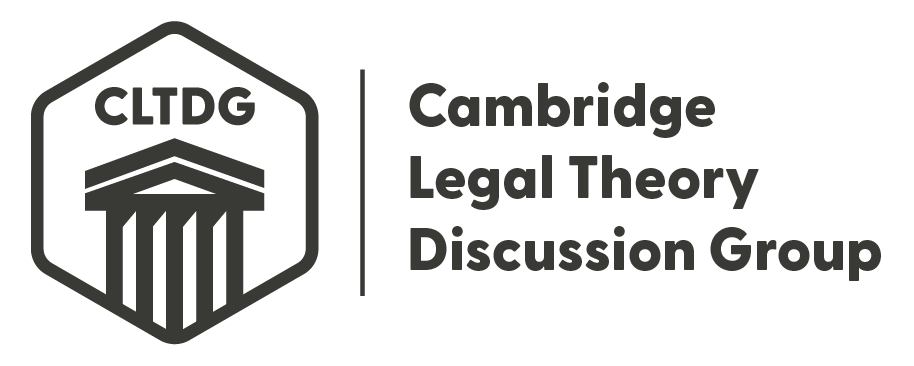 Speaker: Robert Craig (Bristol)
Speaker: Robert Craig (Bristol)
In an article published in the Notre Dame Law Review (‘On the incoherence of legal positivism’) in 2000, John Finnis explicitly connected exclusive legal positivism to the philosophy of Friedrich Nietzsche.
“Today the promoters of this radical kind of ‘exclusive positivism’ are the followers, conscious or unconscious, of Nietzsche or of others who like him reduce ethics and normative political or legal theory to a search for the "genealogy," the historical (perhaps partly or wholly physiological) sources of ethical, political, or legal standards.”
This is a startling claim. It is startling because nowhere in the canon of legal positivism is it suggested by any of legal positivists that Nietzschean philosophy underpins legal positivism, exclusive or otherwise.
Finnis is one of the leading defenders of Natural Law in the modern jurisprudential canon. His opposition to modern expressions of legal positivism is long standing and well known. Core to his worldview is a commitment to the idea of absolute and objective moral claims which is fundamental to Natural Law. This is diametrically opposed to Nietzsche who takes Plato as one of his primary antagonists.
I first consider key claims made by Nietzsche that are relevant. I then turn to Finnis who appears to classify positivist arguments into two types: those which make some concession to the relevance of morality, and those that do not.
The former he argues are in effect caught by his “focal meaning” argument and/or are repeating arguments made by Aquinas and others. The latter have either truncated or limited their position so much that they are effectively not making an argument at all. Positivists are therefore either co-opted or silent - in effect, incoherent.
I suggest Finnis references Nietzsche because Nietzsche shows a way out of the Finnisian bifurcation. The exit route requires doubling down on the denial of the normativity of law by also denying the normativity of morality. If morality has its own genealogy and is itself determined by no more than the divers posited pronouncements of self-proclaimed local authorities, that demolishes the focal meaning argument.
It also fatally undermines the authority of supposed objective morality based claims as to why law has any moral weight. It undercuts natural law and allegedly objective morality entirely. If positivism supplies no reason to obey the law, morality supplies no reason to obey law, or itself, either. You cannot derive an ought from an is. Moralists are shown to be positivists as well - better cloaked perhaps.
Nietzsche saw all this over a century ago, which is why he famously said that ‘God is dead... And we have killed him’. He also said that we are on a tightrope over an abyss.
I conclude by agreeing with Finnis that exclusive legal positivism would therefore be materially strengthened by relying on explicitly Nietzschean foundations, not least because legal positivism provides a useful, indeed paradigm, example of how a normative order can be coherently understood without reference to claims to absolute or objective morality.
You can find the links to Robert’s paper and to the meeting below:
The Paper: https://bit.ly/cltdg-craig-paper
The Zoom link: https://bit.ly/cltdg-easter24-4
Everyone is welcome to attend. Sessions are pre-read.
You can follow us on Twitter: https://bit.ly/cambridgeltdg or check out our web-page: https://bit.ly/cltdgweb

 Facebook
Facebook  X/Twitter
X/Twitter  Instagram
Instagram  YouTube
YouTube  Flickr
Flickr  LinkedIn
LinkedIn